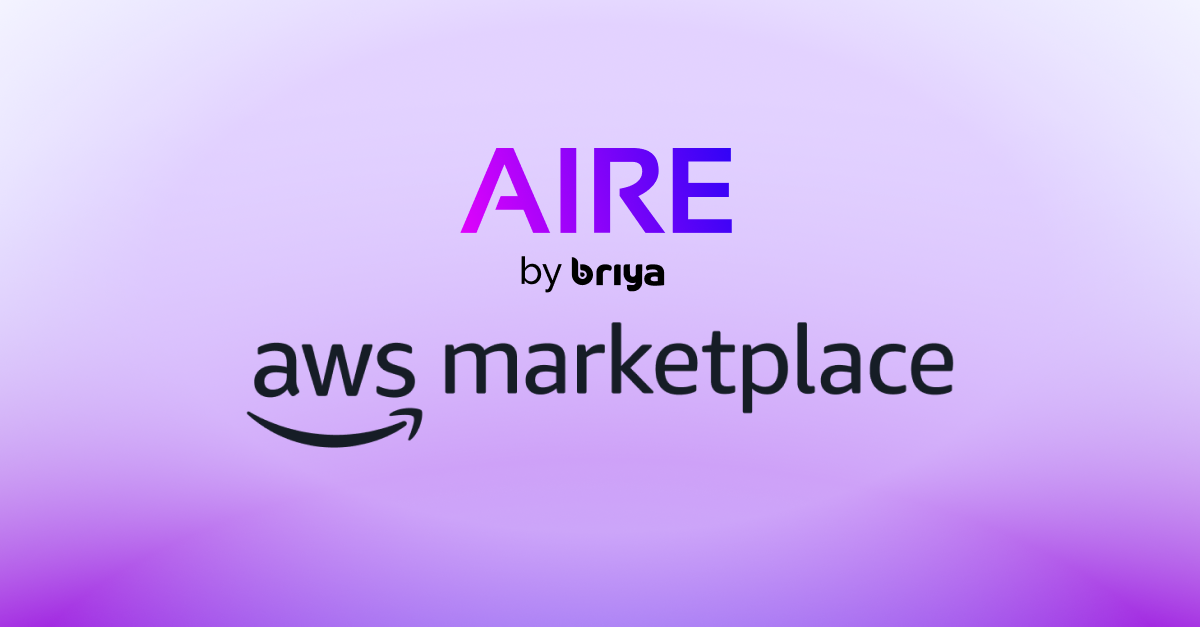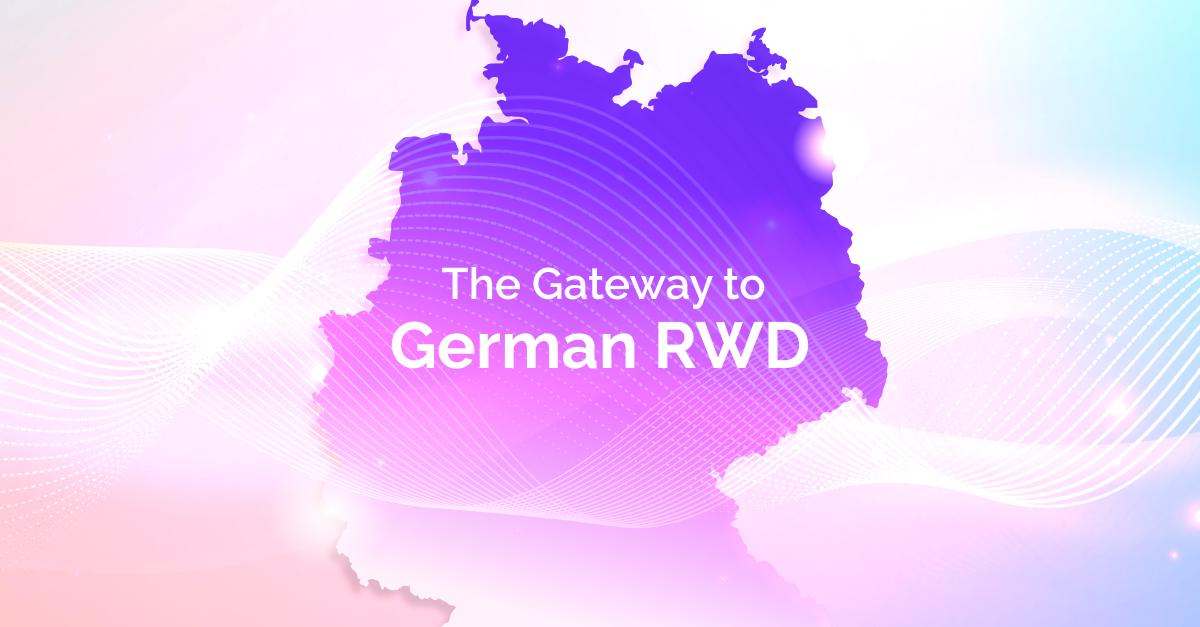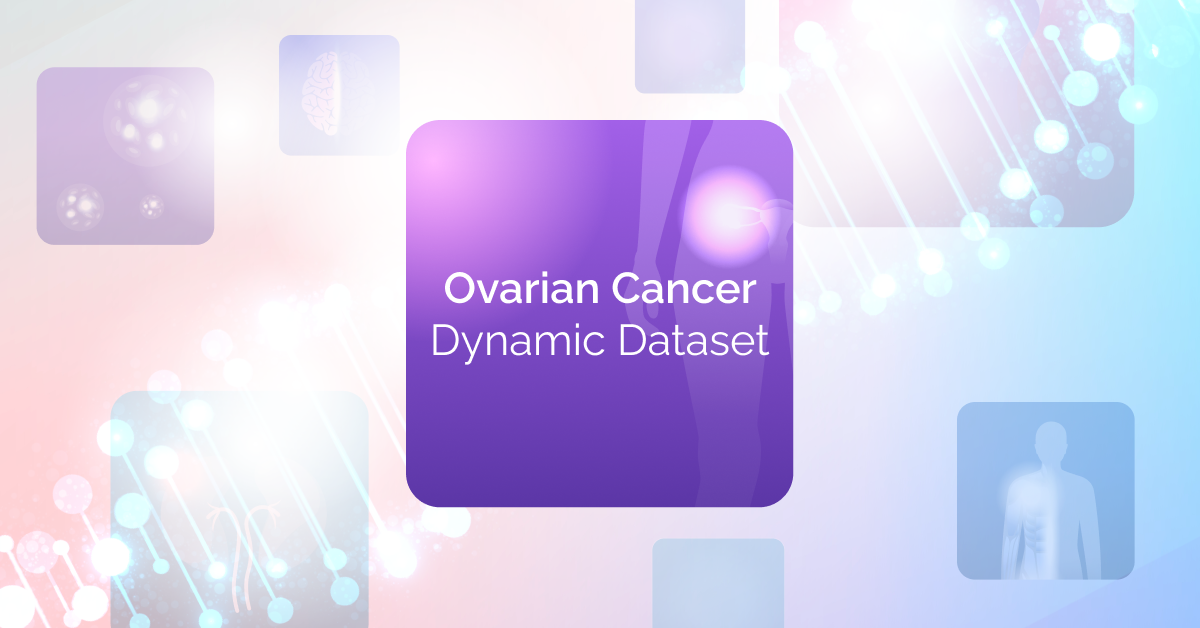Today, data is one of the most valuable assets hospitals possess, with the global healthcare real-world data market estimated to be valued at $4 billion by 2030. Beyond improving patient care, this data can contribute to groundbreaking research, fuel advancements in medical science, and improve clinical outcomes. Healthcare data accounts for an estimated 30% of the world’s data today, and its value particularly in pharmaceutical R&D is growing rapidly, one major reason being the FDA’s recent push to incorporate Real-World Data (RWD) into drug approvals. This growing value opens up exciting new opportunities.
Hospitals, traditionally seen as care providers, are now pivotal players in generating evidence that supports everything from drug efficacy and safety to market access. RWD is becoming essential in enabling faster drug approvals, and hospitals now have the opportunity to leverage this elevated role that medical data took on.
The Role of Patient Data in Pharmaceutical Manufacturing
The FDA recently released their guidance on the use of real-world data and real-world evidence to support regulatory decision-making for drug and biological products. This significantly contributed to a shift and pharmaceutical companies are increasingly using RWD to streamline clinical trials, improve drug development, monitor drug safety, and gain insights into diseases and treatments. Using reliable, high-quality and real-time data can shorten trial timelines and therefore also reduces costs – making it particularly attractive to life sciences looking for growth potential.
RWD is valuable across therapeutic areas, in natural history studies and more. However, it is particularly valuable in niche therapeutic areas, such as rare diseases or pediatric oncology, since traditional data sources often fall short. Turning to RWD allows for more targeted patient recruitment, earlier biomarker identification, and long-term follow-up on orphan drug administration, improving diagnosis and enabling more personalized treatment. With the global rare disease treatment market expected to grow to $488.76 billion by 2033, it poses a particularly interesting growth opportunity.
Check out Briya’s Dynamic Datasets on Rare Diseases
The MSD and Briya Collaboration: A Case Study in Success
A prime example of how hospitals can offer their data to life sciences and securely leverage it for real-world evidence (RWE) studies is the recent collaboration between Merck Sharp & Dohme and Briya.
MSD, a leading player in pharmaceuticals, was looking for qualitative, up-to-date patient data across three critical disease areas. By utilizing Briya’s global network of healthcare providers and secure RWD retrieval platform, MSD was able to connect to multiple relevant sites and access, harmonize, and standardize real-world data. This allowed for a comprehensive analysis of patient journeys, helping to uncover new insights into disease progression and treatment outcomes.
By joining Briya’s healthcare data network, hospitals can contribute to real-world evidence (RWE) studies like MSD’s, driving innovation in drug development and patient care, all while ensuring compliance with the highest privacy and security standards.
At Briya, we are committed to bridging the gap between hospital systems and pharmaceutical R&D through strategic collaborations. Our network offers exclusive partnership opportunities, as well as an extensive analysis of where your data can benefit research.
Sharing Data Without Compromising Patient Privacy
Hospitals don’t have to choose between participating in research and protecting their patients – with Briya’s platform they can do both. Modern technologies such as Briya’s open up entirely new opportunities for innovation and growth while upholding the highest standards of patient privacy. By using a multilayered de-identification process and Blockchain-based smart contracts, Briya’s platform doesn’t only enable secure data-sharing, it also guarantees the process is fully compliant with data privacy requirements such as HIPAA or GDPR.
With the data remaining within the hospital’s own network, and by undergoing a strict anonymization process before being shared with external parties, hospitals remain in complete control and can contribute to the development of new treatments, improve patient care, and even create new revenue opportunities, all without sacrificing the trust they’ve built with their patients.
The Future of Healthcare Is Collaborative
Briya’s healthcare data network represents the future of collaborative research. For hospitals, joining this network is not just about improving patient care—it’s about driving financial growth and innovation while tapping into a multibillion-dollar market. This doesn’t only pose attractive financial benefits, but also lets hospitals contribute to a larger mission: advancing medical science and improving global healthcare.
Briya’s collaboration with MSD is just one example of how healthcare systems can securely collaborate with pharma and take an active role in shaping the future of drug development and maximizing the value of their patient data.




